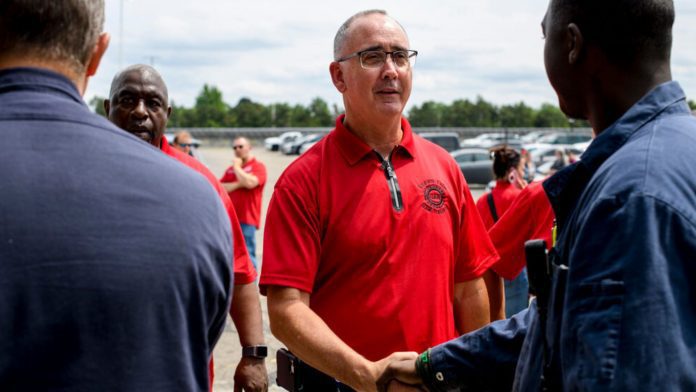Detroit’s major automakers are running out of time to prevent a strike as the deadline for the United Auto Workers (UAW) contentious contract negotiations approaches.
According to analysts, if a strike is limited to a few factories, it’s unlikely it will increase the cost of most vehicles. Partially because the majority of cars that are available on the market are that the UAW, including Teslas, Hondas, Toyotas, and other companies, didn’t make. Additionally, dealers already have a stockpile of inventory of several UAW-produced models.
In addition, the auto industry, which accounts for around 3% of the nation’s GDP, is essential to American manufacturing. According to GlobalData, the UAW’s 150,000 automotive members produce nearly half of the light vehicles made in the country.
Any strike will impact suppliers and other businesses in communities with auto production, especially if it lasts for a long time. Parts orders will decrease as vehicle manufacturing closes. Furthermore, workers on strike would stop receiving their regular wages and rely solely on the $500 in strike money their union would provide them each week to make ends meet. This would cause many people to reduce spending, affecting local restaurants, pubs, and other businesses.
If there is a shortage of vehicles produced by the UAW, auto dealership employees would also suffer since they would forfeit commissions on those sales.
The Big Three assert that they want to negotiate a fair contract with benefits and wage increases that are more generous than those most businesses provide. The corporations’ raises range from 9% to 14.5 % throughout the four-year contract. They also mention the additional remuneration their full-time employees receive, such as profit-sharing payments and other bonuses, on top of their hourly earnings.
UAW President Shawn Fain has said that all three companies could be the target of simultaneous strikes. He has stated that the UAW will go on strike against any business that doesn’t reach an agreement with the union before contracts expire on September 14.
However, analysts doubt that the union will go on strike at each Big Three factory, pointing out that if all 150,000 autoworkers went on strike at once, the UAW’s $825 million strike fund would exhaust in less than three months. Instead, some industry insiders claim that the union could focus primarily on the Big Three’s engine factories, effectively crippling car manufacturing without necessitating a general walkout by all employees.





